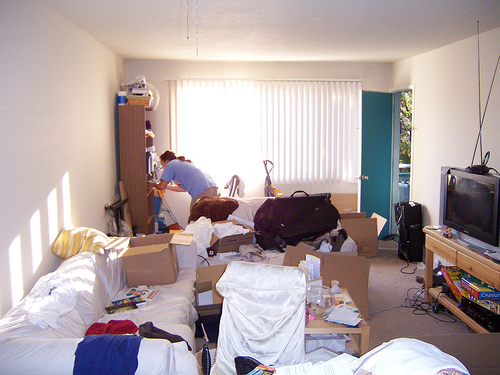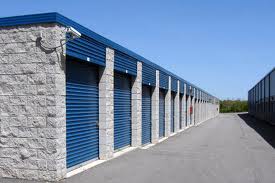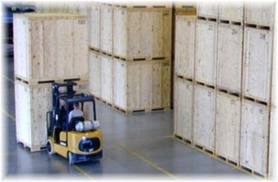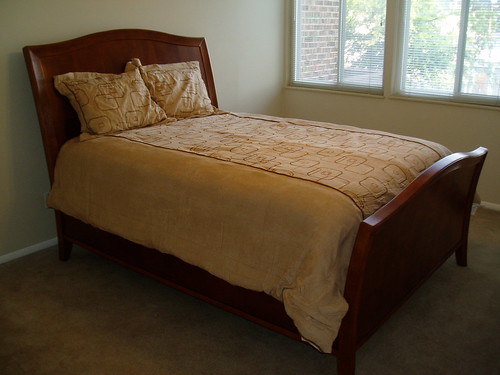The lease has been signed, you have your keys in hand and you’ve been busy scouring the local grocery stores for piles of free boxes. It’s official: you are moving out of mom and dad’s home and into your first apartment.
Although it may seem like selecting which apartment to rent and packing up all of your stuff is the most challenging part of moving (when did you purchase so many pairs of shoes anyway?), there are several things you should keep in mind before you rent the U-Haul and begin moving in.

The following tips should help make setting up your first apartment a bit less stressful, and help the whole process run a lot smoother.
1. Set up your Internet.
An Internet connection is vital these days, so it’s best to get everything set up prior to your move. While your folks can certainly let you know what they think of their existing Internet provider, do your own research, because you might find something better. Shop around, and call a few companies to see what sorts of deals they offer. For example, on the DSL.com website there are several bundles listed that can save people an often significant amount of money if they sign up for both Internet and cable all at once. When you move your desktop or laptop into your new space and it’s ready to use, you’ll be really glad you took care of this ahead of time.
2. Introduce yourself to your new neighborhood.
It’s important to know where the closest grocery store is, as well as restaurants and other local places. Park your car at your new place and then set off on foot, learning what you can easily walk to. You might even get the chance to introduce yourself to some of your new neighbors along the way. Then, get back in your vehicle and drive around the local neighborhood. On those first few days when it seems like you need to run to the store every few minutes for items to help with your move, it will be really handy to know ahead of time where the closest stores are located. And, of course, where you can order pizza.
3. Know how much space you have.
Your empty apartment probably seems like it can easily hold all of your belongings. But that seemingly cavernous space will fill up quickly and, in some cases, some of your items may not even fit. Before moving in, spend some time measuring your new apartment and don’t forget the width of the doors and any hallways and staircases you might need to maneuver your way through. It would be such a bummer to purchase that brand new cool couch only to find it won’t even make it through the door.
4. Pre-clean the place.
Yeah, the previous tenants should have cleaned out the apartment, and the landlord should have arranged for a professional cleaning. But, to be on the safe side, give your new apartment a thorough cleaning before moving day. Scrub down the fridge, put down some fresh and clean shelf liners, and make sure the bathroom and tub are looking super-clean. Arranging for a professional carpet cleaning might also be a good idea. This can be especially important if the previous tenants had pets, just to be sure any allergens and fleas are removed from the carpeting.
Do you have any tips for first apartments? Share them in the comments.
Image my Flickr user mashleymorgan











